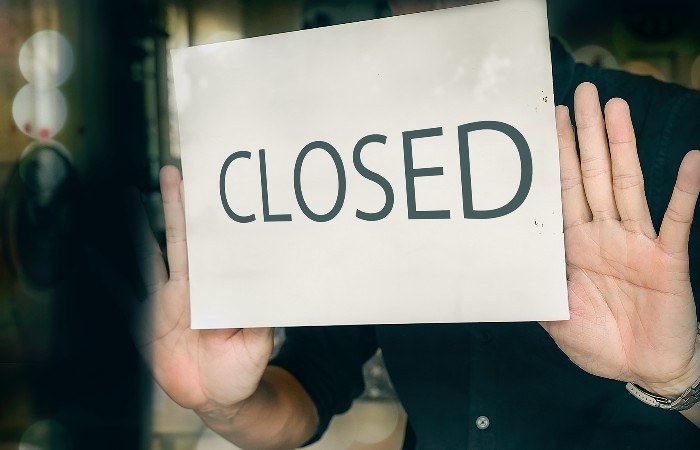Rising drug prices in Northern Ireland ‘grossly unfair and unsustainable’
In News
Follow this topic
Bookmark
Record learning outcomes
Community Pharmacy Northern Ireland has renewed its plea to the Department of Health to urgently improve pharmacies’ funding and introduce a drug tariff specifically for the country after the latest increase in medicines prices which the negotiator described as “grossly unfair and unsustainable.”
CPNI said the price of 150 lines of medicines rises every month, putting huge pressure on hard-up pharmacies, and it used the blood clot prevention drug Apixaban as an example of the significant amount pharmacies are being told to pay.
CPNI said pharmacies are paying £36 per pack of Apixaban and only being paid back between £2.21 and £2.48 per pack by the Department of Health.
The negotiator also said the Department of Health temporarily increased payment for the drug to £14.99 on the last day of August before reintroducing the lower price on September 1.
According to CPNI, funding pressures have forced 15 pharmacies to close in the last 20 months, with two more pharmacies closing permanently at the end of last month.
CPNI chief executive Gerard Greene said the battle to get the price of medicines under control has been going on “far too long.”
“It is a simple principle of fairness. It cannot be the case that community pharmacy owners are expected to subsidise Northern Ireland’s medicine bill from their own pockets,” he said.
Greene said pharmacy owners were being forced to borrow money from family to pay medicine wholesaler bills and insisted the situation was a “sorry state of affairs.”
He urged the Department of Health to urgently give pharmacies more funding and introduce a Northern Ireland-specific drug tariff “that meets the needs of a modern community pharmacy network.”
“What we continuously hear is that there is no money, yet if primary care and community pharmacy was stabilised, community pharmacy can provide solutions to many of the issues facing our health service,” Greene said.
“Community pharmacies provide local, accessible healthcare services in every town and village across Northern Ireland.
“We can help prevent people from being admitted to hospital. We can help address the bottleneck in General Practice. Community pharmacy is a solution that is ready to be utilised if the will and the resource is there to do it.”
DH: it's not practical to reimburse pharmacies with exact amount
The Department of Health told Independent Community Pharmacist that because the price of medicines fluctuates, "it is not practical to reimburse community pharmacies with the exact amount they paid to purchase each item supplied against a Health and Social Care (HSC) prescription, which was over 45 million items in 2023-24."
The Department of Health added: "At an individual prescription item level, community pharmacies may sometimes be reimbursed less than they paid for the product. However, they may also be reimbursed at a higher rate than paid.
"An annual margin survey is completed to ensure that, on average, the reimbursement arrangements for community pharmacy cover the cost of purchasing medicines plus a guaranteed level of margin (retained purchase profit) meaning that HSC dispensing should be a profitable activity overall.
"In 2024-25 this will be £31.5 million, increased from £26.5m in 2023-24. The medicines margin system incentivises efficient procurement by pharmacies, yielding value for money for the HSC, while ensuring that pharmacies are rewarded for their services."

